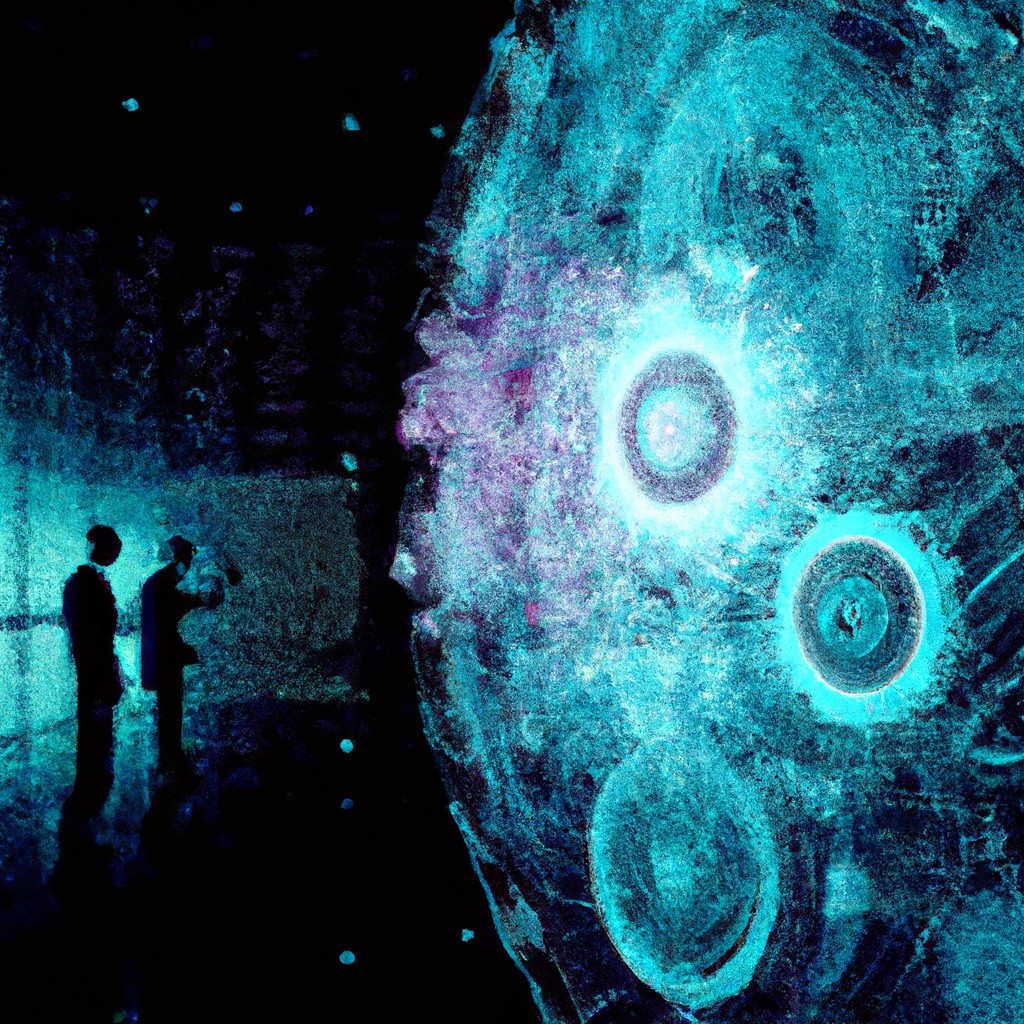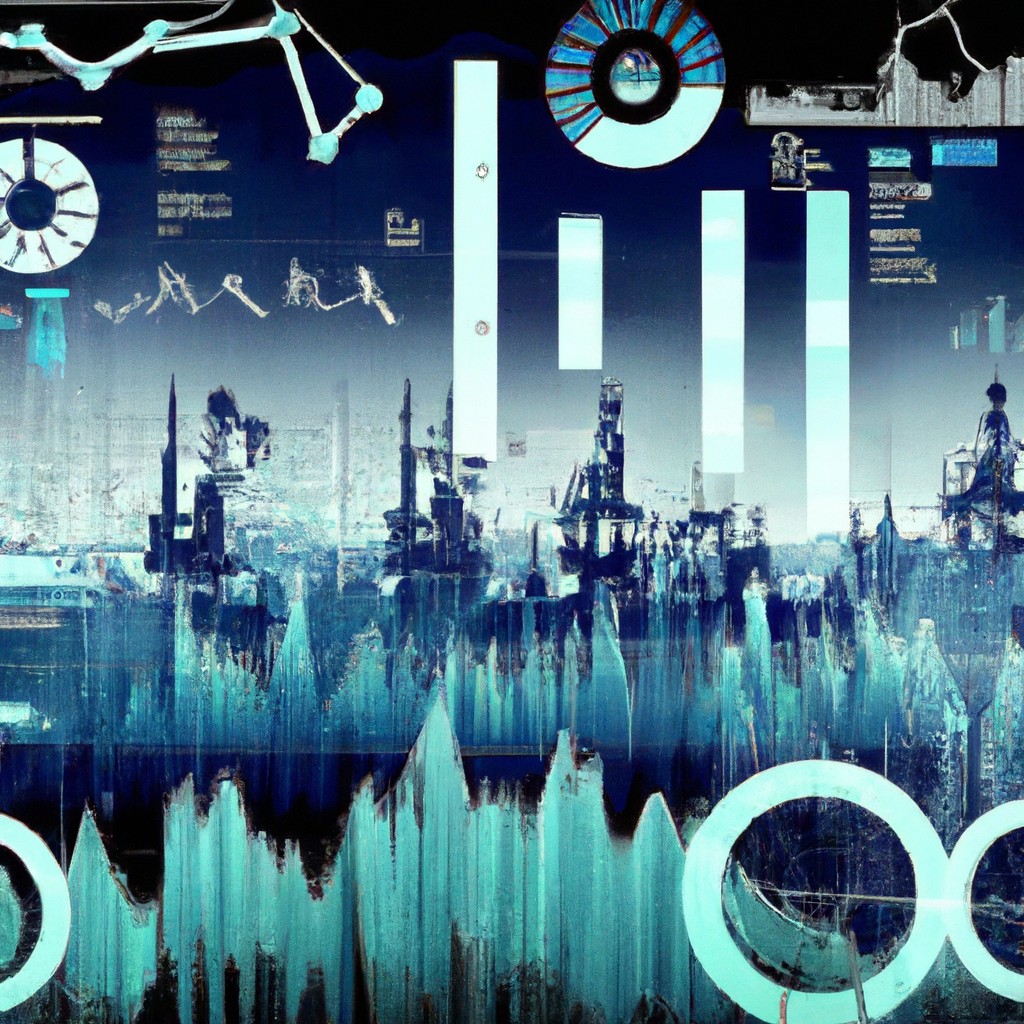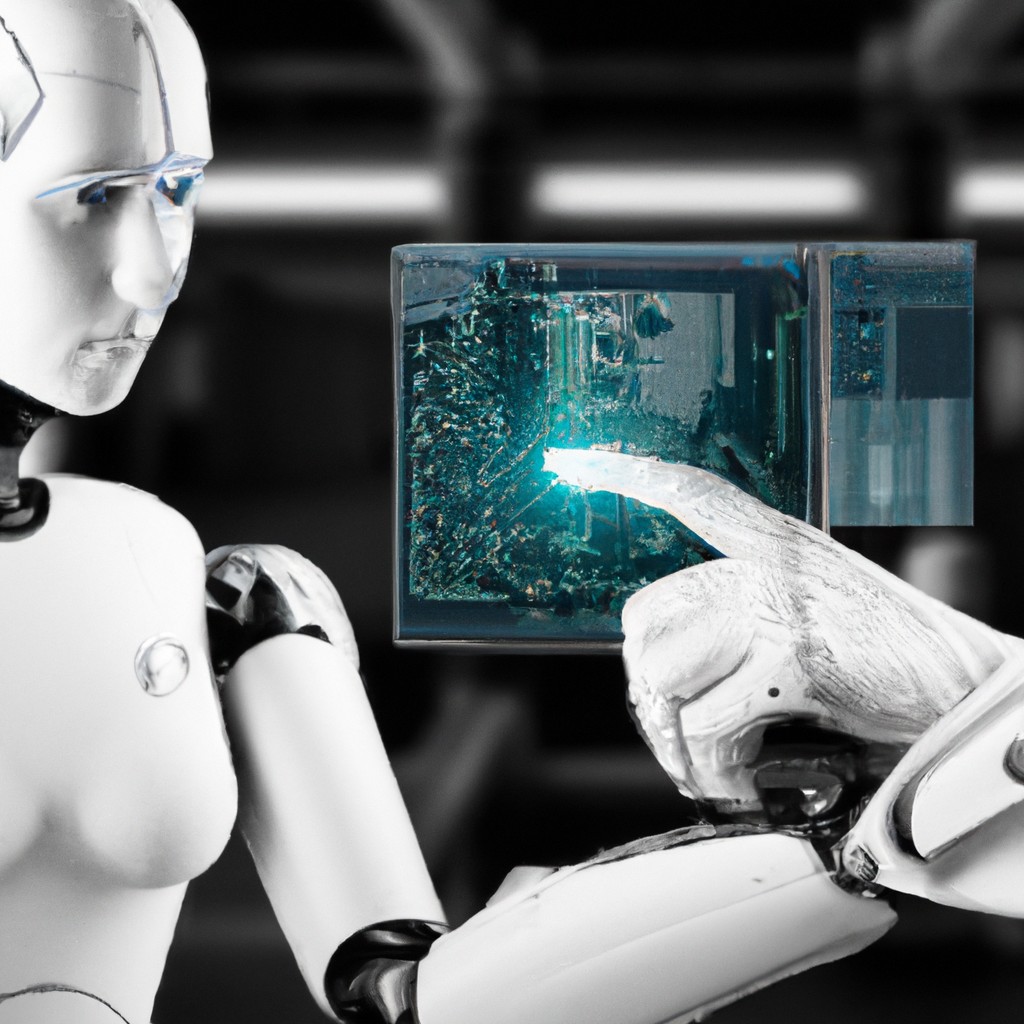Impact of automation on employment

In our rapidly evolving world, the impact of automation on employment is a subject of intense debate. The rise of technology and artificial intelligence has led to concerns about the future of work and the displacement of human workers. While automation promises increased efficiency and productivity, there are valid fears about job loss and economic instability. As machines take over routine tasks, many workers face the daunting prospect of retraining or unemployment. The emotional toll of uncertainty looms large as individuals grapple with the changing landscape of the labor market. Navigating this evolving terrain requires adaptability and innovative solutions.
Read more
impact of automation on the U.S. economy

The impact of automation on the U.S. economy has been significant and continues to shape the workforce landscape. With the advancement of technology, industries like manufacturing, transportation, and retail have experienced a transformation. While automation has increased productivity and efficiency, it has also led to job displacement for many workers. The fear of losing employment to machines has become a reality for many individuals, creating economic hardships and uncertainties. However, automation has also created new job opportunities in areas such as software development, data analysis, and artificial intelligence. As the U.S. economy adapts to this changing landscape, it is crucial to invest in education and training programs that equip workers with the skills needed for emerging industries.
Read more
The impact of human-level AI on job automation

The rise of human-level AI has sparked debates about its impact on job automation. Many experts predict a shift in the job market as AI takes over repetitive and mundane tasks. This could lead to job displacement for certain industries, but it also opens up opportunities for new roles that require creativity and critical thinking. While concerns over job loss are valid, history has shown that technological advancements often create new and unforeseen jobs. It is essential to adapt and reskill in this changing landscape, focusing on skills that complement AI capabilities. Embracing AI as a tool rather than a threat can lead to a more efficient and innovative workforce.
Read more












